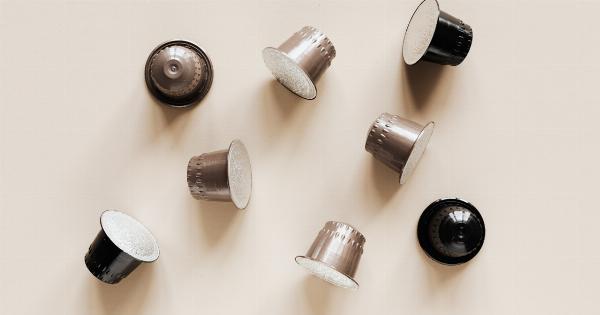For many women, pregnancy is a time of excitement and anticipation. However, it is also a time when women need to pay extra attention to what they consume since it directly affects the health of the baby growing inside.
Among the many food and drinks that pregnant women need to be cautious with, caffeine is one of the top ones.
What is Caffeine?
Caffeine is a naturally occurring stimulant found in some plants, including coffee beans, tea leaves, and cocoa nuts.
It works by blocking the receptors in the brain that make you feel tired, temporarily warding off sleep and making you feel more alert and awake. The most common sources of caffeine in our diet are coffee, tea, soft drinks, energy drinks, and chocolate.
Effects of Caffeine on the Body
Caffeine has numerous effects on our body, including increasing the heart rate, blood pressure, and breathing. It also stimulates the central nervous system and improves mental alertness, concentration, and cognitive function.
The amount of caffeine that you consume determines the intensity of these effects.
Caffeine during Pregnancy
Research has shown that caffeine crosses the placenta and can have effects on the developing fetus. When a pregnant woman ingests caffeine, it is absorbed into the bloodstream and eventually reaches the baby.
Since caffeine is a stimulant, it can cause an increase in the baby’s heart rate and metabolism.
During pregnancy, the body’s ability to metabolize caffeine decreases, which means that it stays in the body longer, potentially causing harm.
Studies indicate that excessive caffeine intake during pregnancy can contribute to miscarriage, preterm birth, low birth weight, and developmental delays.
Recommended Caffeine Intake for Pregnant Women
Due to the potential risks that caffeine poses to fetal development, experts recommend that pregnant women limit their caffeine intake to 200 milligrams per day, about one cup of coffee.
However, this amount may vary for different women, and it is essential to consult a doctor and follow their advice.
Caffeine Withdrawal during Pregnancy
Quitting caffeine during pregnancy is challenging since it is a habit that people rely on to wake up in the morning or stay alert throughout the day.
However, pregnant women should consider cutting back or eliminating caffeine to reduce the risk of harm to the baby.
Reducing caffeine intake suddenly may cause withdrawal symptoms such as headaches, fatigue, and mood swings.
To minimize these symptoms, pregnant women should gradually taper their intake over several weeks while increasing their fluid intake to stay hydrated.
Caffeine Alternatives during Pregnancy
For pregnant women who crave a hot beverage, herbal teas are an excellent alternative to caffeinated drinks. Herbal teas are made from dried flowers, fruits, or herbs and do not contain caffeine.
They come in a range of flavors, including chamomile, ginger, peppermint, and raspberry leaf tea, which can provide a relaxing and soothing effect.
Another way to boost energy levels during pregnancy is through a healthy diet that includes foods high in iron and magnesium, such as eggs, spinach, black beans, and whole grains.
Also, regular exercise and getting enough sleep can improve energy levels and prevent fatigue-related problems.
Conclusion
Caffeine is a popular stimulant that many people rely on to function during the day. However, during pregnancy, it is crucial to be conscious of caffeine intake as it poses risks to the developing fetus.
Limiting caffeine intake and gradually tapering it off if necessary, opting for caffeine-free alternatives, and maintaining a healthy lifestyle can benefit both pregnant mothers and their babies.






























